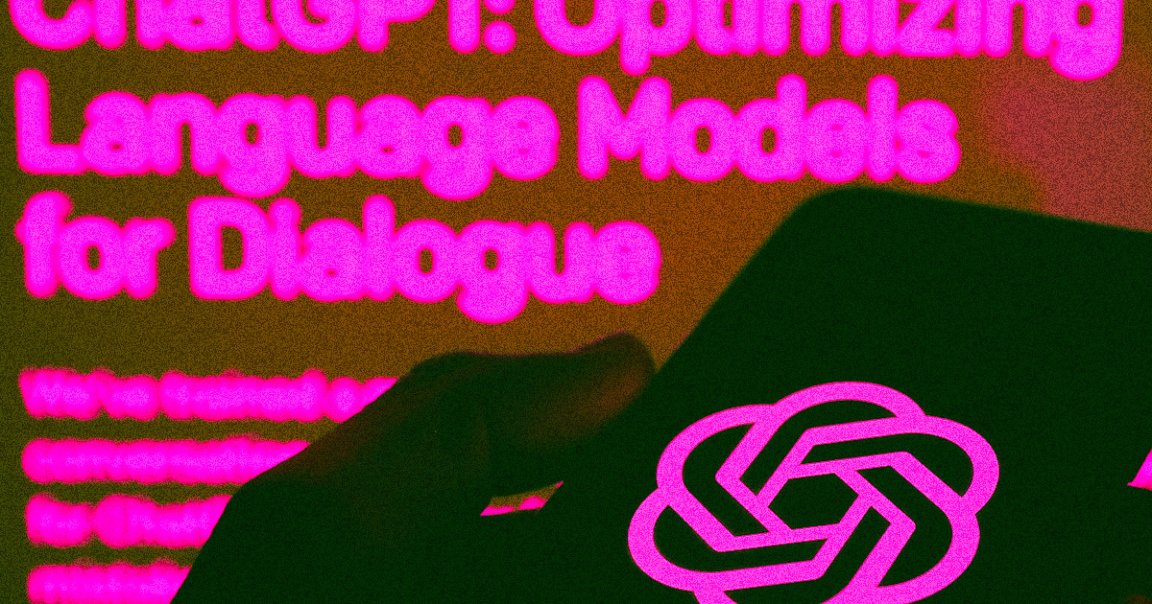
Mixed Feelings
By last week, OpenAI’s wildly successful chatbot ChatGPT was already reported to be the fastest-growing app in human history, pulling in a flabbergasting 100 million unique users in just two months.
With an astonishing figure like that, you’d hope that the folks building the app — which is already starting to rattle job markets and spark fear over the threat of AI-generated misinformation — would be 100 percent confident with the decision to put it into the world.
But unfortunately, according to a Time Magazine interview with OpenAI Chief Technology Officer Mira Murati, who led the product’s development, they weren’t.
“We weren’t anticipating this level of excitement from putting our child in the world,” said Murati, the “child” in question being ChatGPT. “We, in fact, even had some trepidation about putting it out there.”
Two Week Notice
Murati didn’t expand too much on that “trepidation,” but she did admit to one of ChatGPT’s clearest flaws: that the device is often wrong, confidently spitting out falsehoods without a hint of caution.
The “challenges with [ChatGPT],” she told the magazine, “are similar challenges we see with the base large language models: it may make up facts.”
Considering that ChatGPT has been heralded in some circles as the future of everything from search to education, the “making stuff up” issue would indeed be reason enough to have some mixed feelings about releasing it. And then, of course, the threat of cheap, effective AI-made propaganda and generally flimsy guardrails of it all don’t help either.
Murati’s comments also come on the heels of a New York Times report revealing that OpenAI actually made the decision to release ChatGPT quite suddenly, giving employees just two weeks to prep the bot for its surprise launch in what appears to be an effort to ensure that OpenAI — which was founded as an AI safety-focused nonprofit, back before it switched to a for-profit model — was first to market. (Critics may point out that business decision doesn’t necessarily align with Murati’s claim to Time that it’s “important for OpenAI and companies like ours to bring [AI products] into the public consciousness in a way that’s controlled and responsible.”)
“This is a unique moment in time where we do have agency in how it shapes society,” said Murati. “And it goes both ways: the technology shapes us and we shape it.”
“There are a lot of hard problems to figure out,” she added. We certainly agree.
READ MORE: The Creator of ChatGPT Thinks AI Should Be Regulated [TIME]
More on OpenAI: OpenAI’s CEO Once Bragged about His Hoard of Guns and Gas Masks